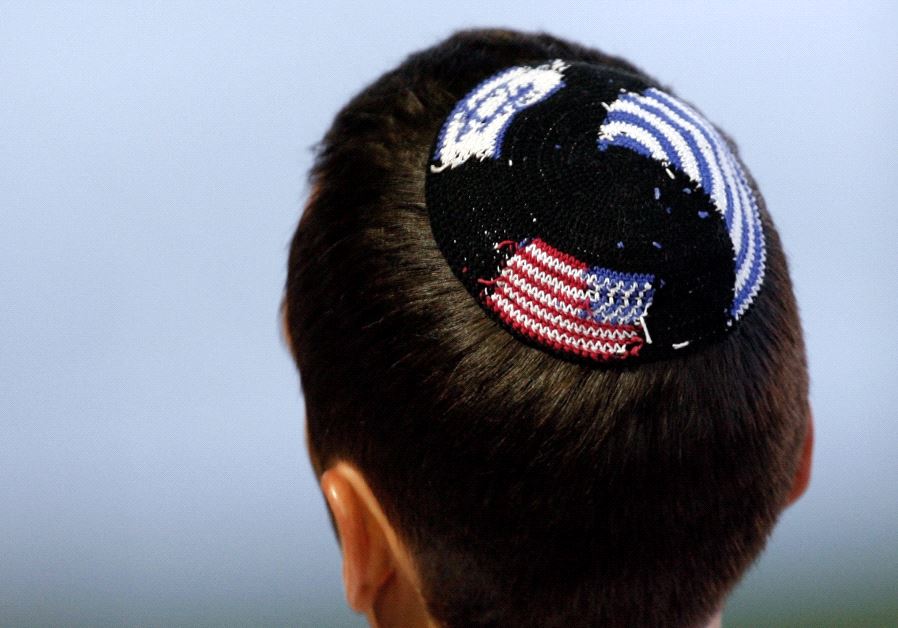Democrats push to allow religious headwear within U.S. Congress
Hats and head coverings of any kind were prohibited from the House following the passage of a motion on proper decorum in 1837.
 A member of the Jewish community wears a kippaByMAYA MARGIT/THE MEDIA LINE
A member of the Jewish community wears a kippaByMAYA MARGIT/THE MEDIA LINE